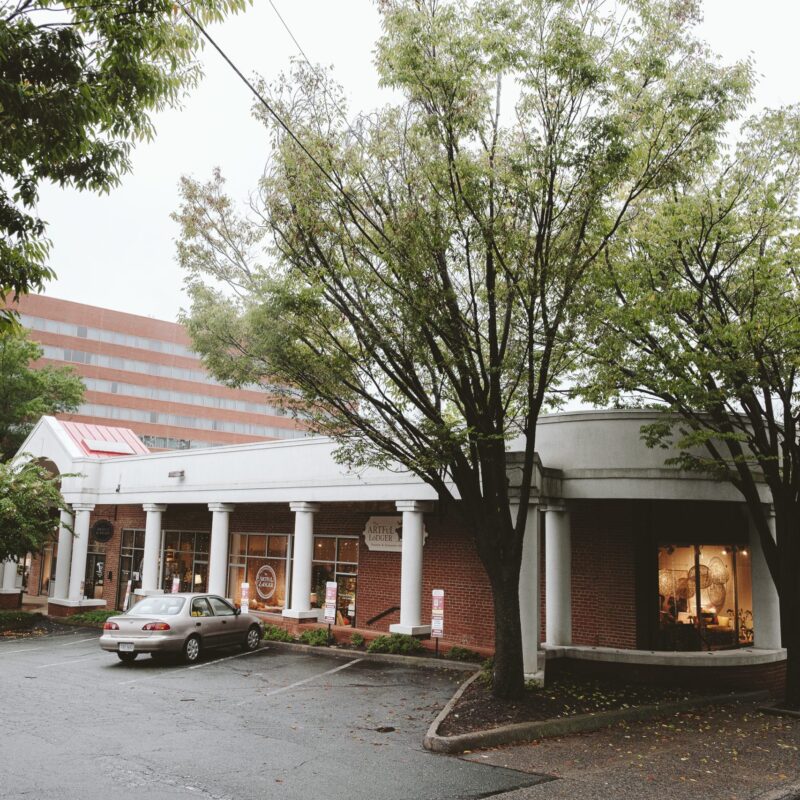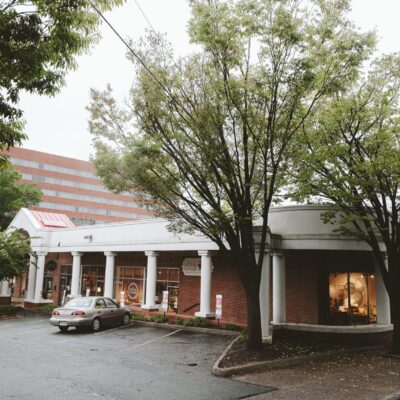Five days ago, UVA Law Professor Anne Coughlin spoke to students about the legal intricacies of Virginia’s homicide law in an effort to prepare them for the upcoming trial of former UVA student George Huguely, accused of killing another UVA student, Yeardley Love, who was his ex-girlfriend.
|
George Huguely, the 24-year-old former UVA student accused of killing his ex-girlfriend and fellow lacrosse player Yeardley Love, stands trial in the circuit court of Judge Edward Hogshire this week. |
During my own preparations for covering the trial, I spent days reading news reports, random crime blogs, lacrosse statistics, anything and everything to do with the Huguely affair. I read until my eyes began to melt, and after many sleepless nights I thought I had a pretty good grasp of the case.
But sitting in the lecture hall Thursday night, listening to Coughlin explain the “very fine and very difficult” lines that separate murder from manslaughter, I realized that despite having watched 12 Angry Men, The Verdict, and The Devil’s Advocate many times, I was still remarkably ignorant of the law.
Killing someone is legally known as homicide, but homicide comes in many flavors, and the difference between varieties can mean the difference between spending a year or a lifetime in prison. Making the decision between first- and second-degree murder, or voluntary and involuntary manslaughter, requires making a decision about the defendant’s mental state leading up to the crime. The legal term is “malice aforethought,” which basically means a premeditated crime: a malicious act you thought about ahead of time, and therefore intended to commit. Mental state, intent, and premeditation are the crucial ideas in most homicide cases.
Lead defense attorney Francis McQ. Lawrence has been a member of the Virginia Bar since 1975, so it’s safe to say that he’s faced both Judge Hogshire and prosecutor Dave Chapman once or twice before. Lawrence went to Washington and Lee University and was a lecturer at UVA Law school for a decade. He’s the founding partner of St. John, Bowling, Lawrence & Quagliana, which if I didn’t know was a law firm, I might mistake for a list of schools with great lacrosse teams.
|
Commonwealth’s Attorney Dave Chapman, a UVA Law grad who’s served in his current office for 17 years, will push for a first-degree murder conviction and a life sentence for Huguely. |
The day of his arrest, George Huguely was charged with first-degree premeditated murder, a crime that carries a possible sentence of 20 years to life with no parole. Did Huguely intend to kill Love? Was there murder in his heart (and head) when he kicked down her bedroom door and violently shook her? Premeditation is the key here, but it’s important to note that in Virginia, premeditation need not be a lengthy process. If, in the split second between grabbing your ex-girlfriend’s arms and slamming her against the wall, you decide you want her dead, then the killing was premeditated. It wouldn’t matter if up until that moment, all you’d wanted was to kiss her.
Lawrence is most likely going try to convince the jury that Huguely deserves a lesser charge than murder in the first-degree. If he can prove that, although Huguely was intentionally malicious, his intent was to hurt Love not kill her, then the charge drops to second-degree murder, with a possible sentence of between five and 40 years.
Or perhaps Huguely’s team will try for a charge of voluntary manslaughter, the next step down from murder. This would require proving that Huguely was not in his right mind at the time, that he was instead acting under the influence of strong emotion or mental impairment, or that the killing was provoked. Voluntary manslaughter would mean he’d face jail time of between one and 10 years. Huguely has already admitted that he shook Love and that her head hit the wall, but the defense has some wiggle room when it comes to the question of what he intended to happen. When the investigating detective told Huguely that Love was dead, his response was one of shock and disbelief, implying that the possibility of her dying was not on his mind when he attacked her.
Without knowing more about the relationship between Huguely and Love, like the content of a series of e-mails sent before the crime, it’s impossible to know yet if there was any legitimate provocation for her death. But the bar for establishing provocation and impairment is set pretty high. The fact that Huguely was drinking all day won’t cut the mustard.
|
Francis McQ. Lawrence and Rhonda Quagliana have the task of defending Huguely. Lawrence has called Love’s death “an accident with a tragic outcome,” and he’ll likely advocate for an involuntary manslaughter charge. |
Speaking after Huguely’s bond hearing, Lawrence called Love’s death “an accident with a tragic outcome.” The use of the word “accident” opens the door for him to try to argue for a sentence of involuntary manslaughter, basically the lowest rung on the homicide ladder. With involuntary manslaughter, the death is ruled to have been entirely unintentional, basically an accident, but an accident caused by some kind of reckless behavior on the part of the killer. The most common example is killing someone while driving drunk.
The man charged with prosecuting the case is Commonwealth’s Attorney Dave Chapman, a UVA Law grad who’s been in office for 17 years. Commonwealth’s Attorney is an elected position, yet every four years Chapman runs unopposed. That kind of uncontested reign could make a man cocky, or complacent, or both. Chapman mostly seems very quiet. In the courtroom proceedings that led up to the trial, he didn’t do a lot of talking, and a 2007 C-VILLE profile paints him as someone who seeks as little publicity as possible.
When it comes to the premeditated murder charge, my guess is Chapman will want to keep the case as simple as he can, focusing on easily established facts. Huguely’s statement to the police the night he was arrested gives the prosecution a big advantage when it comes to painting for the jury a picture of what the 22-year-old was thinking the night that Yeardley Love died.
But Chapman has a second avenue open to him, a way to get around the tricky business of reading a defendant’s mind. At the beginning of 2011, the Commonwealth’s Attorney added another first-degree murder charge, with the same possibility of life in prison as the first, but this one is for felony murder, defined as a murder that occurs in the course of committing a felony. If, for instance, you were robbing a bank and one of the tellers keeled over from a heart attack, you’d be guilty of murder, even if you never meant to kill anyone. With felony murder, a criminal’s mental state is thrown right out the window.
It was no surprise, then, that with the addition of the felony murder charge, the prosecution also tacked on one charge each of robbery, burglary, statutory burglary, and larceny.
And here’s the rub: Huguely told the cops that he took Love’s laptop from her room when he left that night. And while some logical explanation for that act may emerge during the trial, it sure looks like stealing from here in the cheap seats.
I’m hoping that Huguely takes the stand and gives us his version of what happened that night, because I really want to know what was going through his head. But if the prosecution can prove him guilty of an additional felony, then it may not matter. George Huguely may be found guilty of first-degree murder, and face a lifetime in jail, no matter what he was thinking.
So it all comes down to malice aforethought. Unless it doesn’t. I can’t pretend that I completely understand the nuances of this case or any other. The Law is a staggeringly complex entity that, like the stock market, I suspect confuses even people who’ve dedicated their lives to it. But at its heart, the law is about human faults and human tragedies, and all of us can understand that. Malice aforethought is something I was guilty of back when I was a 22-year-old. Only nobody died as a result. Why was it different for George Huguely? And if we find out, will we be any better than we were before?
I’ll be covering every second of the trial and the attending weirdness on the Huguely Trial blog at c-ville.com, the Twitter feed @HuguelyTrial, and of course in C-VILLE every Tuesday.








